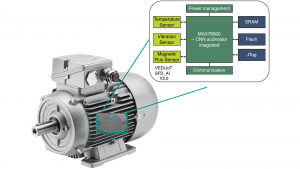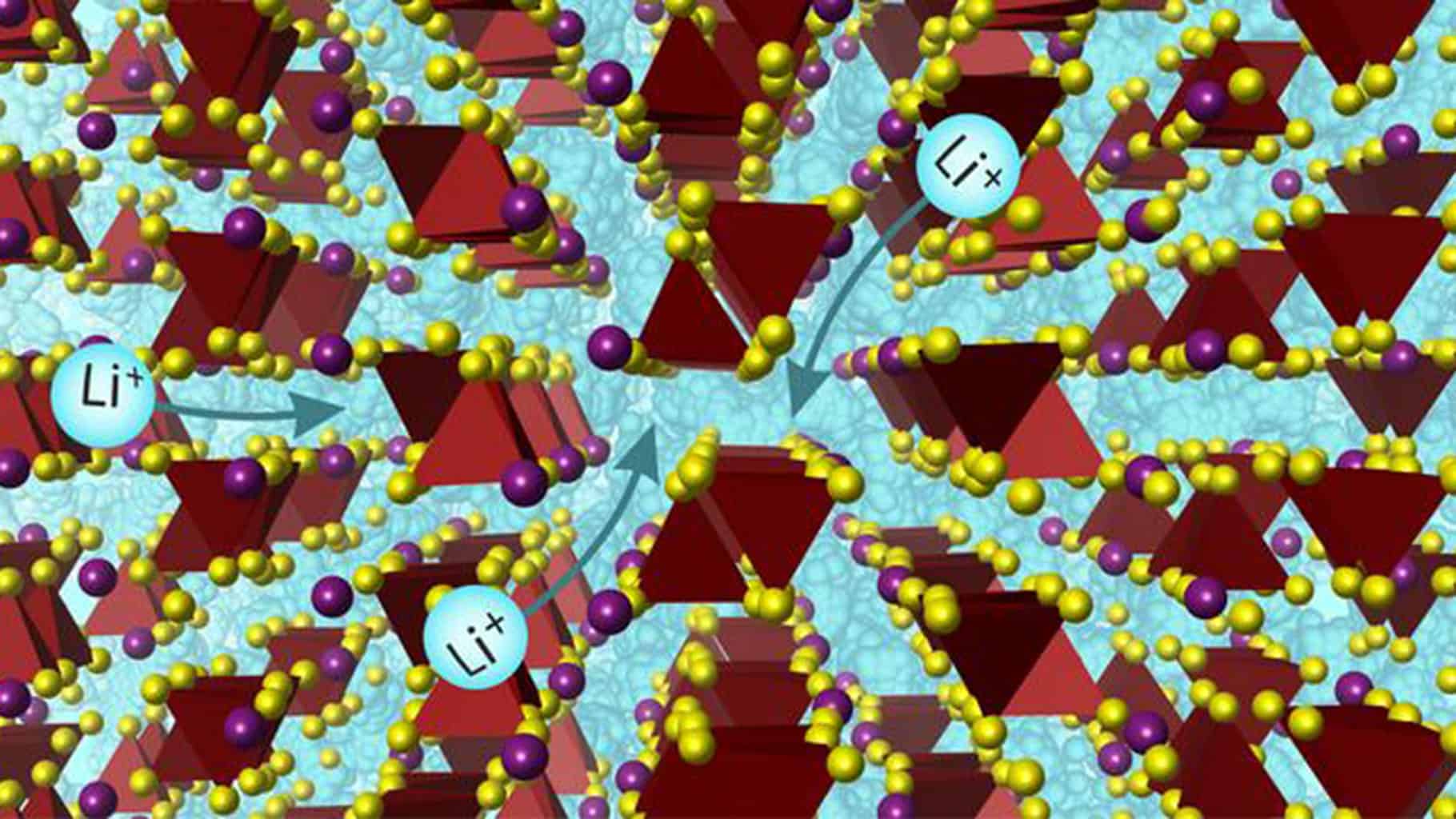Welcome to our exclusive coverage of the most recent advancements in smart city research from across Europe. In this second edition of “This Week in Smart City Academia”, done in collaboration with Brian Fabregue, we delve into this dynamic and evolving field, we bring you the latest insights and groundbreaking studies that are shaping the future of urban living.
We delve into topics ranging from sustainable development to the role of technology in modern urban landscapes, each offering unique insights into the future of urban living. From advanced transportation systems to the challenges of privacy in digital ecosystems, these studies illuminate the complexities and opportunities of smart city development. Explore the intersection of technology, sustainability, and urban planning in this enlightening collection of academic explorations.
- Road traffic noise monitoring in a Smart City: Sensor and Model-Based approach
Authors: A Pascale, C Guarnaccia, E Macedo, P Fernandes
Summary: Addressing the often-neglected issue of noise pollution in smart cities, this paper proposes a sensor and model-based approach for road traffic noise monitoring. It highlights the CNOSSOS model as a reference for assessing noise levels in urban environments.
URL: Direct Link - Reconstruction of 3D Building Models with Semantic Information Using Crowdsourcing Approaches
Author: C Zhang
Summary: The research by C Zhang delves into the transformation of municipalities into smart cities, focusing on the reconstruction of 3D building models. It introduces a novel crowdsourcing approach and a new roof dataset, RoofNTNU, featuring seven typical roof types.
URL: Direct Link - ADVANCED CONSTRUCTION PROJECT MANAGEMENT: THE MEANING AND IMPORTANCE OF THE NEW LEARNING PARADIGM
Authors: Z Pučko, N Šuman
Summary: This publication explores the transformative impact of advanced technologies and Industry 4.0 on project management. It emphasizes the role of digitalization and automation in shaping modern construction practices, particularly in the context of smart cities.
URL: Direct Link - Will Democracy Survive Big Data and Artificial Intelligence?
Authors: D Helbing, BS Frey, G Gigerenzer, E Hafen, M Hagner…
Summary: This article delves into the societal transformations induced by technological advancements in big data and artificial intelligence. It critically examines the implications for democracy, especially in the rapidly evolving landscape of smart cities in Europe.
URL: Direct Link - Smart City Regulation and Environmental Sustainability in the Context of Land Use Planning in Mauritius: A Critical Review
Author: AOJL Tung
Summary: AOJL Tung presents a critical review of smart city regulations and their impact on environmental sustainability in Mauritius. The paper focuses on land use planning and integrates the changes brought by the sugar reform in this unique geographical context.
URL: Direct Link - Consumer Resilience to Privacy Violation Online
Authors: J Budak, Š Lugović, Z Penezić, E Rajh, S Slijepčević…
Summary: This research addresses the concerns around privacy violations in smart cities. It specifically analyses consumer resilience to such violations, offering insights into the interplay between technology, data collection, and citizen privacy in urban digital ecosystems.
URL: Direct Link - An Alternative Model of Living: Smart Eco-cities
Authors: B Hatirnaz, D Demirer, E Özkul
Summary: This paper presents an innovative model for urban living, focusing on the transformation of cities into smart eco-cities. It details the Smart Cities Wheel (SCW) framework by Boyd Cohen and examines the challenges and opportunities in London as an international smart city.
URL: Direct Link - Smart City Business Model Approach: The Role of Opportunities, Values, and Advantages
Authors: S Perätalo, P Ahokangas, M Iivari
Summary: This research explores smart cities as digital ecosystems, focusing on various platforms that use information and communication technology (ICT) to enhance urban life. It discusses the business model approach to smart cities, emphasizing the role of opportunities, values, and advantages.
URL: Direct Link









